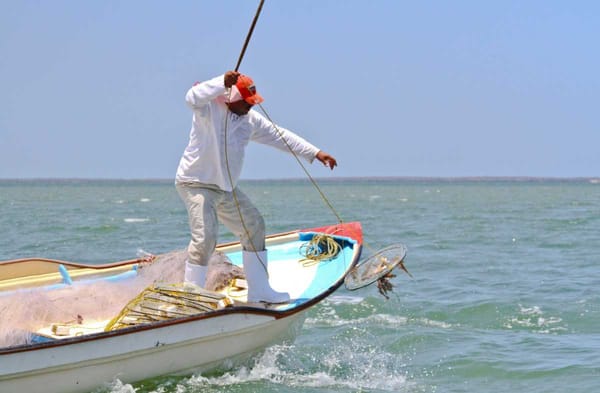Birds are supportive in assisting their young
The research also reviewed sex differences in bird courtship, competition, and social pair bonding.

The division of activities among birds is relatively equitable for the care of the young; in addition, some species can receive help for the procurement of the chicks, reveals an international study in which the researcher of the Institute of Ecology, Alejandro Gonzalez Voyer, participates.
The study, in which experts from UNAM and the universities of Bath, Pannonia, Sheffield, Groningen, and Bielefeld also collaborated, reviewed only records and reports published on 1,800 bird species; in other words, there were no in situ observations.
The Animal Behavior Laboratory specialist specified that for the study, which began in 2015, they received support from the Newton Advanced Fellowships of the European Union, which allowed them to analyze sex differences in courtship, competition, and social pair bonds, as well as parental care.
"In birds what predominates is a relatively equal division in brood care, where both male and female invest time and energy in caring for the chicks. Interestingly, there is also great diversity in the types of parental care, ranging from species that resemble mammals with a meeting between male and female, they copulate, the male disappears and the female takes complete care of the offspring and provides all the parental care," the scientist explained.
But there is also the other extreme, where females compete with each other for access to males and the males provide parental care. There are also complex care systems where both receive help from related individuals or offspring from previous reproductive events, even if they are not related to nest care.
The research also showed wide variation and lability in sex roles, indicating a remarkably independent evolution between and among species.
It should not be thought that physical traits are directly correlated with the parental care they offer; that is, if the males are the ones that compete intensely for access to the females, they must be bigger or showy; or that in a mating system with several mates, the females are the ones that exclusively take care of the offspring.
"What we saw in the analyses is that there is a lot of variation and the degree of correlation, that is, how much these traits go together, is much lower than we thought," he explained concerning the research recently presented in the journal Ecology Letters.
As an example, González Voyer detailed that in certain cases the frigate birds that nest in the islands of the coasts of Mexico have such a high investment of energy for the care of the young and so prolonged, that to regain their strength they do not reproduce in the following season.
Habitat destruction and climate changes are the two problems that affect birds and their habits because they eliminate nesting sites, as well as potential prey and food. The loss of certain species can have a considerable impact on vegetation in general, since one of the roles they play is as pollinators and seed dispersers, so their absence can even endanger the existence of plants.




